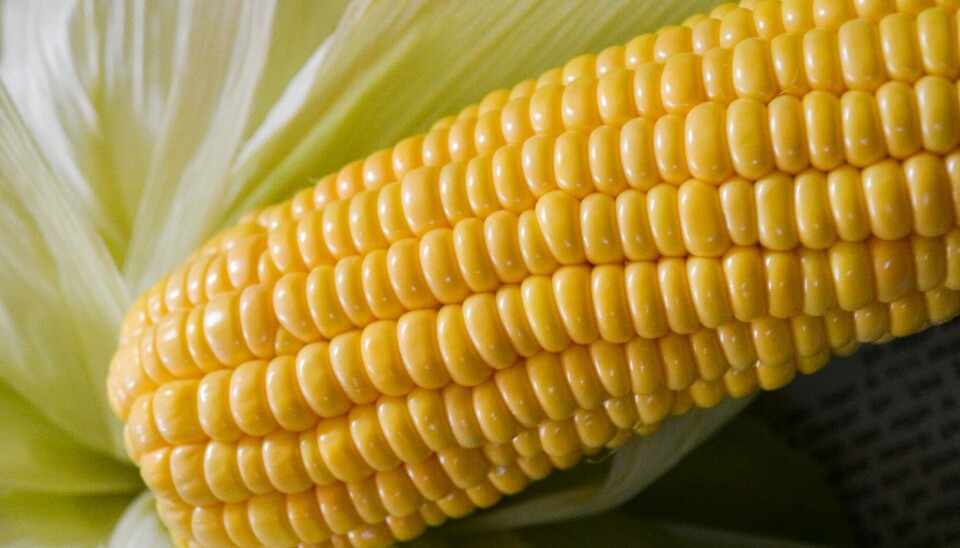Copyright : Re-publication of this article is authorised only in the following circumstances; the writer and Africa Legal are both recognised as the author and the website address www.africa-legal.com and original article link are back linked. Re-publication without both must be preauthorised by contacting editor@africa-legal.com
Court clears hurdles for GMO foods in Kenya

Kenya has joined the league of countries that allows the cultivation, importation and consumption of genetically modified foods.
This development comes after the High Court cleared the last hurdle for the government to lift a 14-year ban that had been imposed on genetically modified organisms (GMO) over health and safety concerns to humans, animals and the environment.
Justice Lawrence Mugambi ruled that disputes and fears about GMO foods had been conclusively dealt with by the Environment and Lands Court (ELC), emphasising that there are sufficient legal and institutional frameworks to check the safety of scientifically modified foods.
“The Environment and Lands Court considered all implications of allowing GMO foods in the country and the safety measures put in place, and concluded that existing laws are in harmony with the need for a clean and healthy environment,” ruled Mugambi.
He stated that since the ELC enjoys the same status as the High Court, he could not interfere with its findings, and that the petitions against lifting the ban on GMO were res judicata, meaning the issue had already been decided.
The former government banned GMOs in Kenya in 2012, but in October 2022 President William Ruto's administration made a resolution to lift the ban and allow importation of GMO foods to cushion the public against food shortages.
The Law Society of Kenya (LSK) and other activists challenged the lifting of the ban, arguing that it was hastily done without proper assessments of the environmental, health and social impact the GMO foods would cause. The LSK claimed that there is no conclusive scientific research to back the safety of GMO foods, and that allowing them into Kenya would affect the health of citizens and erode the country's cultural food and farming practices.
However, in response, the government argued that GMO foods have been rigorously tested and found to be safe, and that lifting the ban would be beneficial to the country because it would improve the food basket.
Justice Mugambi upheld the decision by the ELC which declared that there is no evidence of health risks to the public and environment associated with GMO and that the government has enough institutions to check the safety of all genetically modified foods.
According to the court, the National Bio-safety Authority has the capacity to identify risky foods and apply appropriate safety assessments, while other institutions like Kenya Bureau of Standards, Kenya Plant Health Inspectorate Service and Kenya Agricultural and Livestock Research Organization would ensure all GMO products imported into the country were safe.
The judge added that the Bio-safety Act and Regulations have guidelines that govern the procedures for environmental release and procedures for placing GMO foods in the market to guarantee protection of public health. He also noted that the government has adopted international food code regulations to protect consumer health and promote fair practices in the food trade.
“With such laws in place, the public has nothing to worry about (regarding) the health risks posed by GMO since the law provides that the institutions must assess any harmful effects to human health before the foods are released to the market,” the court ruled.
